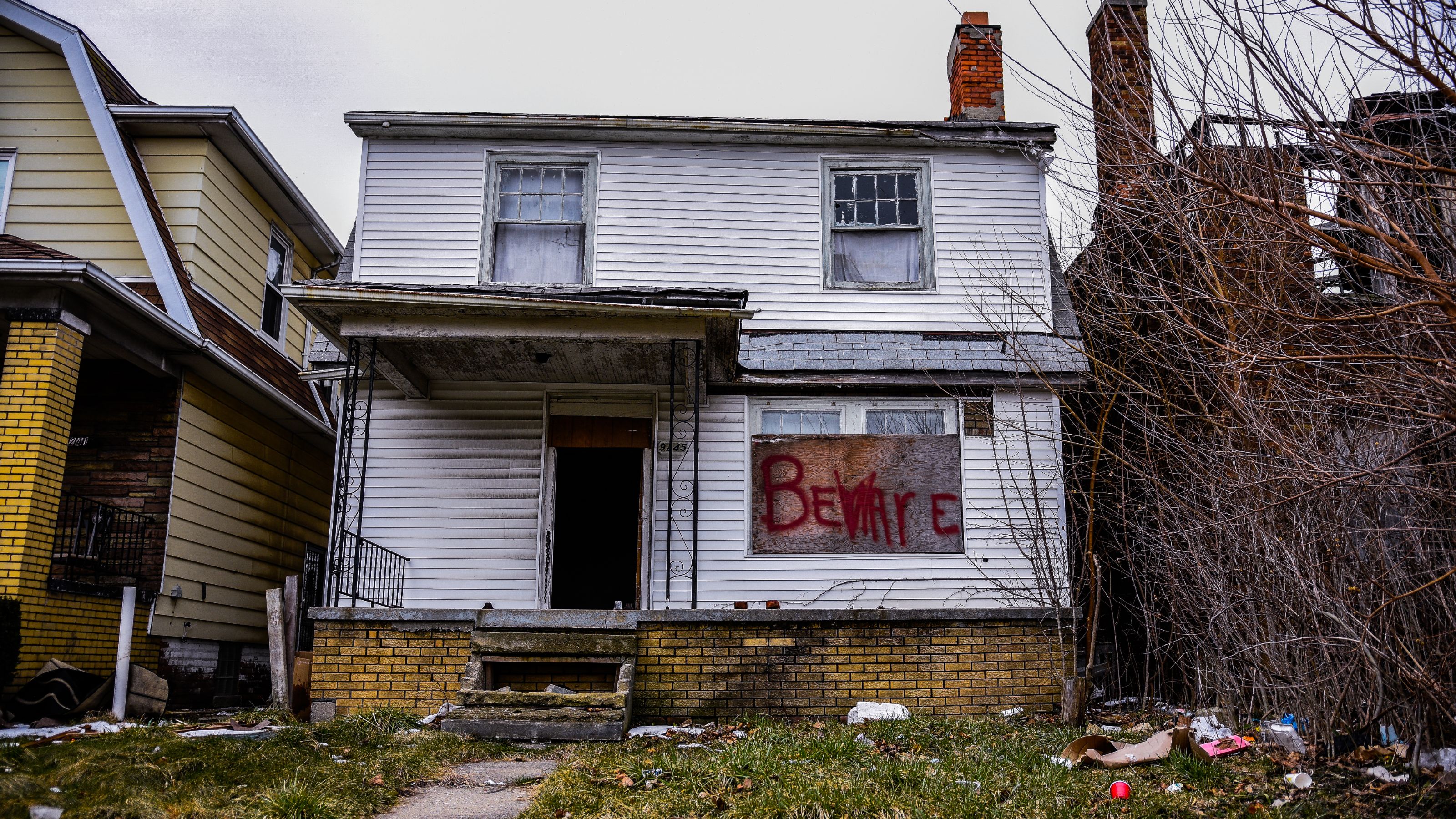Study: Dialysis Death Risk Is Higher in For-Profit Clinics

A majority of Americans who’ve suffered kidney failure go to Medicare-certified treatment centers three times weekly for dialysis. Many of these are part of large chains, that are for-profit businesses. According to this study, that’s unfortunate: It found that patients at for-profit centers had a 13 percent greater risk of dying than did patients at non-profits.
Yi Zhang, Dennis Cotter and Mae Thamer analyzed records on 34,914 dialysis patients in the United States, treated over three months in 2004. They followed the patients for the next 18 to 30 months, to assess the impact of the franchisization of dialysis on patients’ outcomes (there are now more than 11 times as many chain-owned dialysis centers in the U.S. than there were in 1991). They compared results from five major chains (not identified by name in the paper) and for independent operators.
Aside from finding that patients had a greater risk of dying if they received for-profit care (chain or independent), the study also turned up sharp differences among the different chains (which weren’t named, but you can find a who’s-who in the business press—for example, here). According to their analysis (which, they say, compensated for confounding factors, like the possibility that patients at the big chains have worse health), a patient at the second-largest of the chains, a for-profit company, had a 24 percent greater chance of dying during the study period than did a patient going to a medium-sized non-profit chain. That’s a pretty significant discrepancy, since the two largest for-profit chains together serve 60 percent of all U.S. dialysis patients.
Zhang, Y., Cotter, D., & Thamer, M. (2010). The Effect of Dialysis Chains on Mortality among Patients Receiving Hemodialysis Health Services Research DOI: 10.1111/j.1475-6773.2010.01219.x![]()





